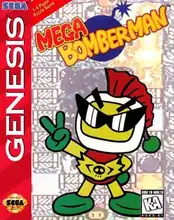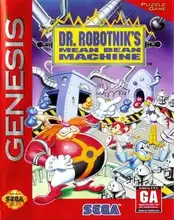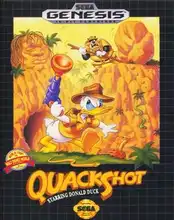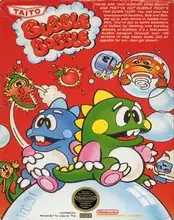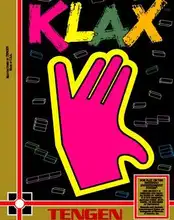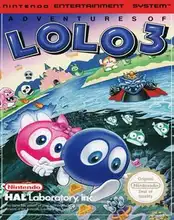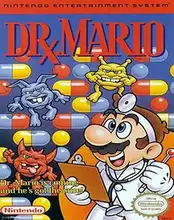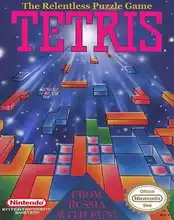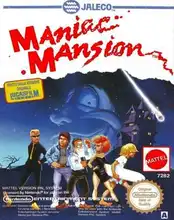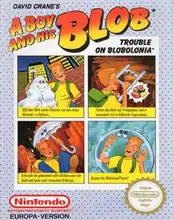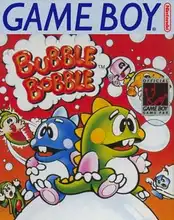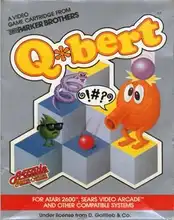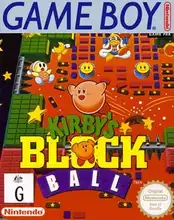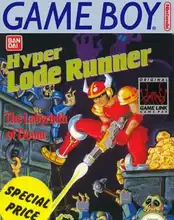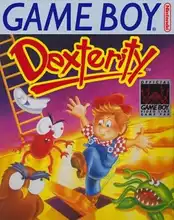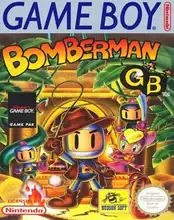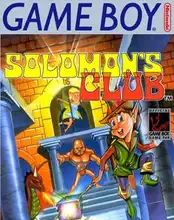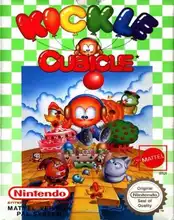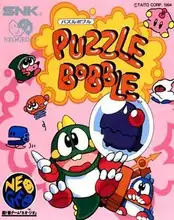Remember the satisfying click of a solution falling into place? Or the sheer frustration that kept you up just one more hour, staring at a screen full of blocks, levers, or cryptic clues? That's the magic of puzzle games, and nowhere is that magic purer than in the retro era. Before flashy graphics and complex storylines, many games relied solely on their ability to challenge your intellect and reward your persistence.
These aren't just dusty relics; they're finely tuned machines designed to make you think. They strip away the noise and get straight to the heart of problem-solving. Let's take a trip back and explore why these classic brain ticklers still deserve a spot on your digital shelf.
The Enduring Appeal of Classic Puzzle Games
Why do we keep coming back to games that are decades old? It's more than just nostalgia. Retro puzzle games often boast:
- Pure Mechanics: They focus on one or two core ideas and explore them to their fullest. No unnecessary complexity, just elegant design.
- Rewarding "Aha!" Moments: The feeling of finally cracking a level you've been stuck on is incredibly satisfying.
- Accessibility: Many have simple controls and clear objectives, making them easy to pick up but hard to master.
- Variety: The retro landscape offers a surprisingly diverse range of puzzle styles.
Unlocking Different Flavors of Brain Teasers
The term "puzzle game" is broad! The retro era gave us distinct subgenres that pushed our minds in different ways.
The Kings of Logic and Deduction
These games often require careful observation, trial and error, and piecing together clues. Think point-and-click adventures with tricky environmental puzzles or games where you must deduce a sequence of actions.
- Classic Examples: Early graphical adventures like Maniac Mansion or Day of the Tentacle (though adventure games, their core often revolved around inventory and environmental puzzles). Pure logic puzzles like The Witness (okay, not strictly retro, but builds on classic principles) or early computer logic trainers.
- The Challenge: Remembering details, making connections, and sometimes thinking completely outside the box.
Masters of Environmental Manipulation
These titles task you with altering the game world to achieve your goal. This could involve pushing blocks, redirecting paths, or using unique character abilities to interact with the environment.
- Classic Examples: Sokoban and its many clones (pushing crates), Lode Runner (digging holes), Lemmings (giving directions to hapless creatures), The Incredible Machine series (building Rube Goldberg devices).
- The Challenge: Visualizing cause and effect, planning several steps ahead, and understanding the physics (or logic) of the game world. The block-pushing mechanics seen in many games, including modern takes, owe a huge debt to these pioneers.
Tile Matching and Clearing Classics
Before mobile app stores were flooded with them, these games laid the groundwork for addictive pattern recognition and quick thinking.
- Classic Examples: Tetris (the undisputed champion), Dr. Mario, Columns, Bust-a-Move (Puzzle Bobble).
- The Challenge: Speed, spatial reasoning, planning drops, and managing ever-increasing difficulty. The satisfying chain reactions in games like Dr. Mario or Devilition (as seen in some modern retro collections) are timeless.
Stealth, Strategy, and Observation Puzzles
Sometimes, a puzzle is about navigating a space undetected or strategically positioning units based on rules and observation.
- Classic Examples: While full stealth games evolved later, early games required observing enemy patrols and finding safe paths, much like the core mechanic in games like Camouflage (from the UFO 50 collection). Tactical games with limited moves or resources also border on this, requiring careful planning like a game of chess or a simplified strategy puzzle.
- The Challenge: Patience, observation, prediction, and executing plans flawlessly.
Playing These Retro Puzzle Gems Today
The good news is you don't need an ancient PC or console to enjoy these classics.
- Digital Distribution: Platforms like GOG.com offer curated collections of classic PC games, often pre-configured to run on modern systems.
- Emulation: For console classics or more obscure titles, emulators paired with ROMs (ensure you own the original games!) can bring them back to life. DOSBox is essential for many PC games.
- Online Archives: Sites like Archive.org host thousands of playable-in-browser DOS games, including many fantastic puzzle titles.
The Simple Beauty of a Challenge Met
Retro puzzle games remind us that sometimes, the most engaging experiences come from the simplest premises. They don't need cutting-edge graphics or complex narratives to hook you. They just need a good challenge and the promise of that sweet, sweet feeling when you finally figure it out. So fire up DOSBox, browse GOG, or hit up Archive.org and rediscover the pure joy of having your brain tickled by a classic.
FAQs About Retro Puzzle Games
Where can I find classic retro puzzle games to play on my modern computer?
Platforms like GOG.com offer many classic PC games, often optimized. You can also use emulators like DOSBox for old PC titles or console emulators for games from systems like NES, SNES, or Genesis. Archive.org also hosts many playable-in-browser DOS games.
Are retro puzzle games difficult?
Many are! Their challenge often comes from clever design rather than complex controls. Some require patience and trial-and-error, while others demand quick reflexes or sharp logical thinking.
What makes retro puzzle games different from modern ones?
Retro puzzle games often have simpler graphics and mechanics, focusing intensely on one core puzzle concept. They predate many modern conventions like extensive tutorials or constant hints, often leaving the player to figure things out more independently.
Can I play these games with a controller?
It depends on the game and how you're playing it. Many old PC puzzle games were designed for keyboard or mouse. Emulators and digital distribution platforms sometimes allow controller mapping, but keyboard/mouse is often the most authentic experience for PC titles. Console puzzle games, of course, are best played with a controller.

